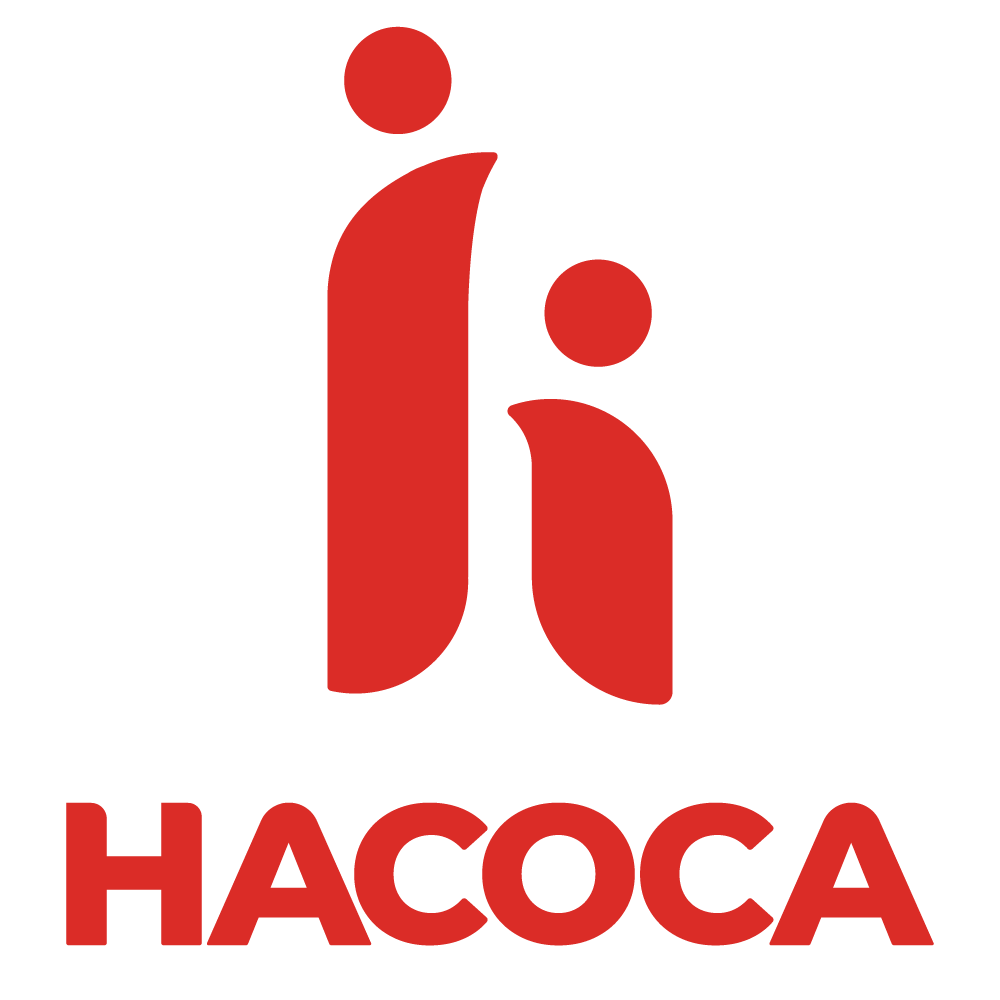Play for Advancement of Quality Education (PAQE)
This project’s objective is to engage children and youth in Kilosa and Mvomero districts in educational and recreational activities that promote holistic development.
Project Overview
This project was implemented in the Kilosa and Mvomero districts, adopting an innovative approach to child and youth development. It utilized sports and play as powerful tools to enhance the quality of education, promote healthy behaviours, and foster positive social interactions among children and youth. In response to the rising issues of child pregnancies, gender-based violence (GBV), and other forms of child violence in these communities, the project employed play-based learning techniques to engage young people in ways that were both meaningful and age-appropriate. By integrating physical activity into educational and health programs, the initiative provided a holistic approach to development, addressing the physical, emotional, and cognitive needs of young people in these districts.
The project incorporated comprehensive child protection strategies and sexual reproductive health education, ensuring that participants were not only physically active but also well-informed about their rights and health. Community involvement was a crucial element, with parents, caregivers, and local leaders playing an active role in supporting the program, particularly in efforts aimed at protecting and empowering girls. This community-driven approach ensured that the entire community was engaged in creating a safe and supportive environment where children and youth could thrive, free from violence and equipped with the knowledge and resources necessary to make healthy and informed life choices.
Project Achievement
The project achieved significant impact by reaching a total of 15,273 youth with comprehensive sexual reproductive health education, equipping them with the knowledge and resources needed to make informed decisions about their health and well-being. Additionally, 6,354 children were provided with age-appropriate child protection education and services, ensuring they understood their rights and how to protect themselves. The project also conducted screenings for gender-based violence (GBV) among both children and youth, linking those affected to the appropriate services for support and intervention. This multifaceted approach not only educated and empowered young people but also provided crucial protection and care for those at risk, fostering a safer and healthier community environment.

